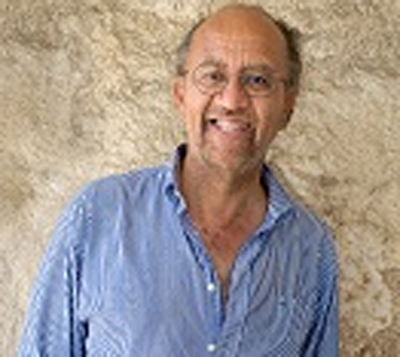African American poet, historian, and activist Dr. Anthony Lee has built his life around words, the excavation of buried narratives and the fight to free America of the baneful legacy of racial hatred.
Born into a Baha’i family at the famed Tuskegee Institute in Alabama, where his mother was a professor, and raised in Los Angeles, Lee attended UCLA as an undergraduate and graduate student, eventually earning a Ph.D in African and African American history. A committed Baha’i, dedicated to using his prodigious gifts to address America’s most vital and challenging issue of racism, he served at the Baha’i National Center in Wilmette, Illinois for three years and has published a number of articles and books on African history. His current scholarly focus is on the history of African slavery in Iran.

In 1978, he and Payam Afsharian co-founded Kalimat Press, an independent publishing company focused on Baha’i and Baha’i-inspired literature. The press has produced over 100 books, including 25 volumes of the Studies in the Babi and Baha’i Religion Series. Dr. Lee’s first book of poetry, This Poem Means, was published in 2005 and won a national award. Lee has also pursued an ongoing collaboration with other scholars to publish three volumes of the poetry of Rumi in translation. Lee feels that his position as an African American, a Baha’i, an academic historian, a poet, and an activist have given him a unique perspective on issues of race and racism in the United States and elsewhere.
He is currently active in his local community in advocating for racial justice and racial reconciliation through a shared understanding of history. In this episode of America’s Most Challenging Issue, Dr. Lee and I engage in a dynamic discussion about the historical roots of racism, the lingering impact of racial trauma, and the similarities and differences of immigration narratives, all within the framework of the Baha’i teachings. I hope you will join us for this profound, informative, and inspiring conversation.

Comments
Sign in or create an account
Continue with Googleor